Blast for PM’s ‘Soviet’ plan: higher bills, more blackouts
Anthony Albanese’s energy intervention could increase gas bills by $175 per year and push up businesses’ energy costs by 40 per cent, according to independent modelling.
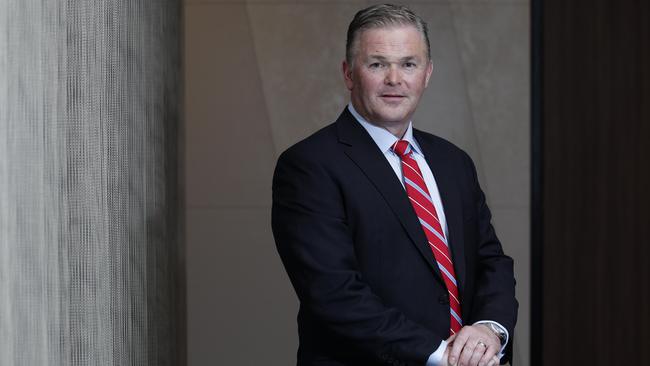
Anthony Albanese’s energy market intervention could increase gas bills by $175 per year and push up businesses’ energy costs by 40 per cent, according to independent modelling that warns price caps may trigger supply shortfalls and blackouts in Victoria.
As relations between the private sector and the Prime Minister sank to new lows, Santos chief executive Kevin Gallagher accused the government of doing the bidding of trade unions and imposing a “Soviet-style policy” creating investment settings in line with Venezuela and Nigeria.
.
The fallout from the government’s energy price relief bill, which passed through parliament on Thursday with the support of the Greens and teal independents, came as Mr Albanese rejected concerns that a one-year $12-a-gigajoule cap on gas and $125-a-tonne cap on coal would trigger an investment drain and supply gaps.
“If you go out there and you say, ‘Oh, this will inhibit investment, this will create issues for us going forward’, then you’re essentially talking down your industry. They want to be careful that they’re not talking themselves down,” Mr Albanese told Sky News.
“We saw it before the industrial relations legislation where some were out there saying it would immediately result in all this chaos and dysfunction. The legislation passed, the world’s gone on, it has dealt with things.”
New modelling commissioned by the Australian Petroleum Production and Exploration Association reveals price caps could heap more pain on families and businesses, in addition to Coalition warnings of energy bill spikes in excess of $700 in 2023-24.
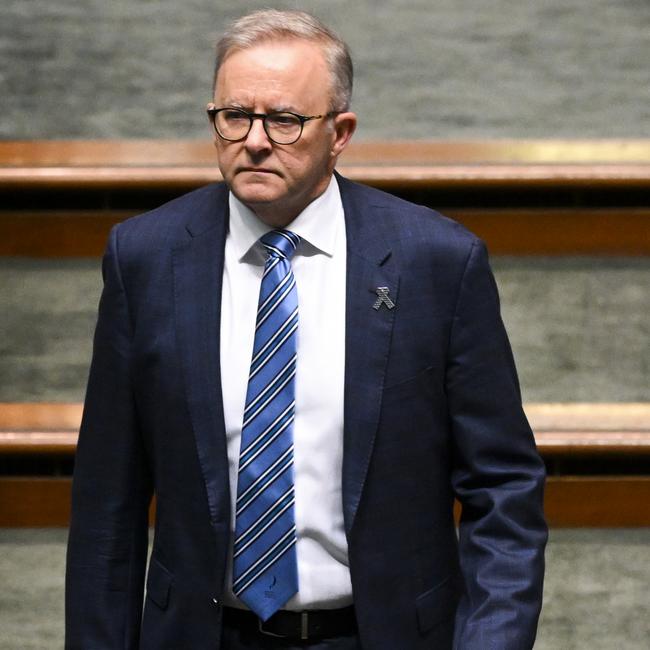
APPEA chief executive Samantha McCulloch, representing companies including Shell, Santos, Woodside, Beach and Cooper Energy, said the ACIL Allen modelling showed the intervention “could see wholesale gas prices up to 40 per cent higher than if the market had been left to do its job”.
“In the long-term, households could pay up to an extra $175 per year on gas bills while businesses cop a 40 per cent increase relative to a scenario with no price caps and in which planned investment is able to proceed,” said Ms McCulloch, writing in The Australian.
“The report also cautions that price caps will encourage additional consumption in the short-term that could put significant strain on gas supplies. It warns of the potential for blackouts in Victoria as meeting peak day demand becomes more difficult due to delays in new supply coming online
“According to the report, these higher prices and energy security concerns are a trade-off for short-term benefits that ‘may be nil or very minimal in the first instance’. It is this near-sighted, populist stance of the government that is at the heart of the industry’s concern.”
Santos, which owns a stake in Queensland’s GLNG gas export project, said the Albanese government’s heavy-handed approach had put Australia on par with authoritarian regimes.
“This Soviet-style policy is a form of nationalisation. This will result in companies needing fiscal stability agreements with the government before new gas supply projects can take investment decisions in order to secure capital, just as would be the case if they were operating in Argentina, Venezuela or Nigeria,” Mr Gallagher said.
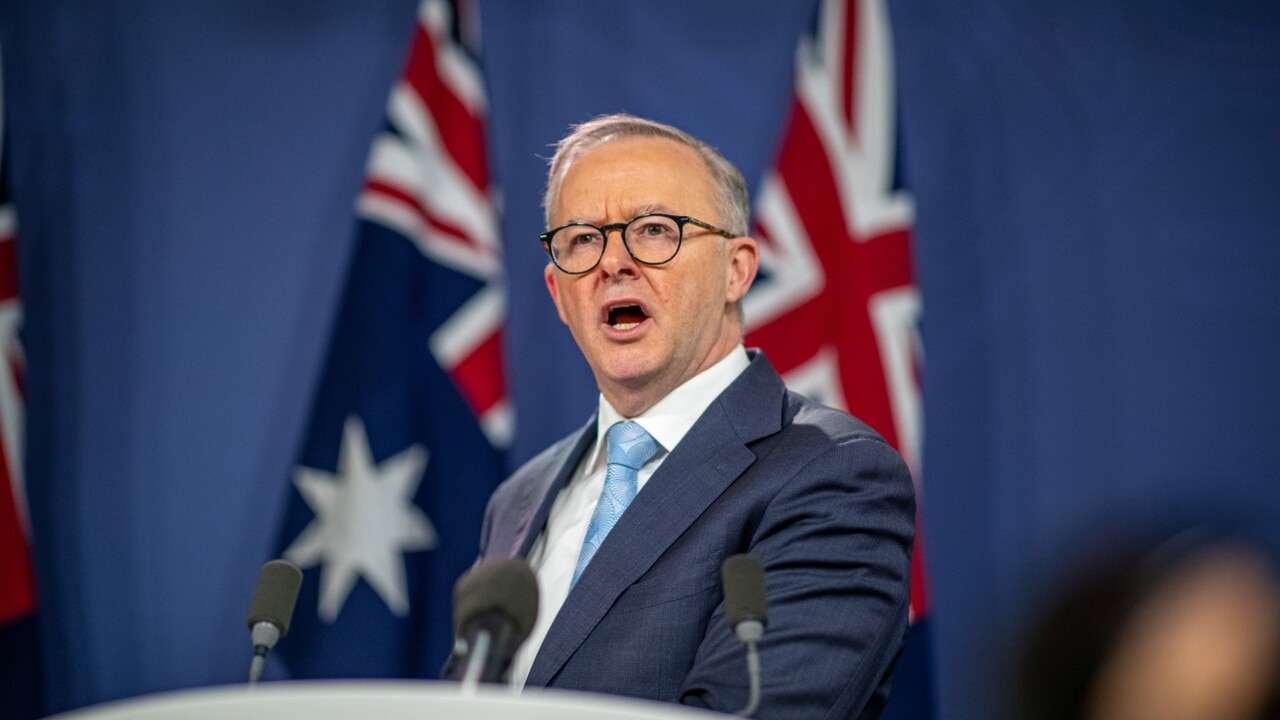
“Every business owner in Australia should be alarmed at what the federal government has done. If it doesn’t like your business, your profits or the prices you charge for your products and services, it will regulate you. And it will regulate you if the unions don’t like your business.”
The ACIL Allen modelling, based on four scenarios including delays or cancellations of the Port Kembla LNG import terminal and Santos’s Narrabri project, found retail gas prices would rise by between $70 and $175 a year between 2026 and 2040. Wholesale gas prices could rise by between $1.50/GJ and $4.50/GJ from the current price, fuelling an increase of between 10 and 45 per cent.
However, the Prime Minister pushed back against doomsday scenarios and compared industry concerns to those of employers ahead of the government’s controversial IR shake-up. Mr Albanese said there would not be any investment or supply shortfalls as a result of the government’s gas price cap.
“The idea that somehow this decision will inhibit investment, if the investment was good (under $10) prior to 2021, based upon that price, then the higher price that’s allowed, by this temporary measure should do nothing whatsoever to inhibit investment,” Mr Albanese said.
The three big Queensland LNG exporters met Resources Minister Madeleine King on Thursday to discuss progress on the heads of agreement, which governs the producers to offer supplies to the domestic market.
That agreement was imperilled earlier this week after Shell suspended talks with buyers to supply new gas into Australia’s east coast, blaming the government’s series of measures which it warned could lead to shortages and gas rationing.
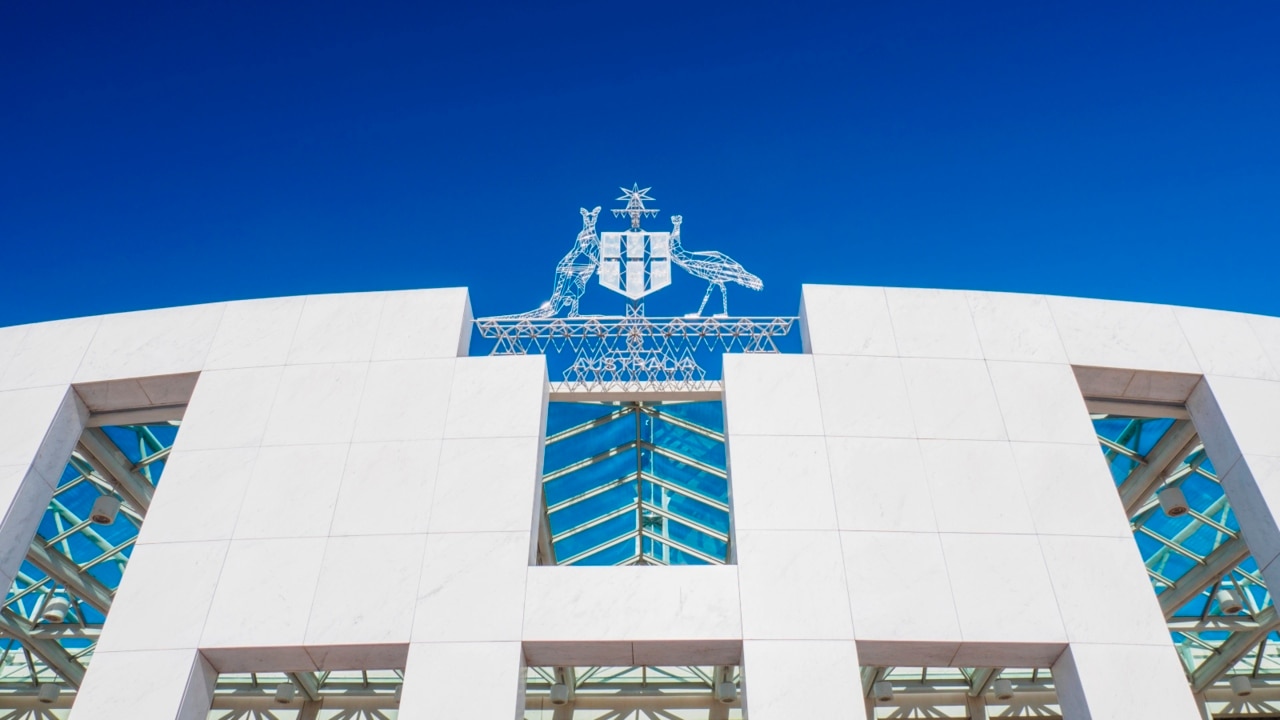
Mr Gallagher, who warned that manufacturing jobs would be lost as gas supplies dwindle, said gas rationing could follow as producers curtail supply.
“This winter or the one after, the federal government will have to decide between rationing gas and breaking LNG export contracts because this policy will damage Australia’s access to the capital inflows our industry needs to develop new gas supplies and that Australia will need to fund the energy transition,” Mr Gallagher said.
Billionaire iron ore magnate and green hydrogen investor Andrew Forrest defended the government, saying “this was not the time to sit back and do nothing”.
“It was a time for action,” Mr Forrest said.
“Action was critical to stop the pain on Australian families. And that has occurred.
“We cannot allow fossil fuel companies to present themselves as the only reliable energy source while continuing to exploit Australian households.
“We have gullibly swallowed this line for too long.”
The ACIL Allen report said multiple scenarios showed a risk for consumers if the price caps delayed or cancelled a broader range of supply investments.
“The key message here is that the entire market potentially faces much higher prices in the long-term as a consequence of a policy that may benefit only a portion of the market for a short period,” the report said.
“Price caps do not resolve the fundamental issues that are driving higher prices. The modelling shows that higher prices return after price caps are removed because the fundamental driver of higher prices has not been addressed.”
A case study on Victoria suggested meeting peak day demand in Victoria could be “significantly more difficult if supply is delayed”.
Peter Dutton said the government’s consultation process smacked of “the Rudd-Gillard-Rudd dysfunction”.
Addressing the parliament on the bill, the Opposition Leader criticised the government for failing to provide basic details.
Additional reporting: Rosie Lewis
More Coverage
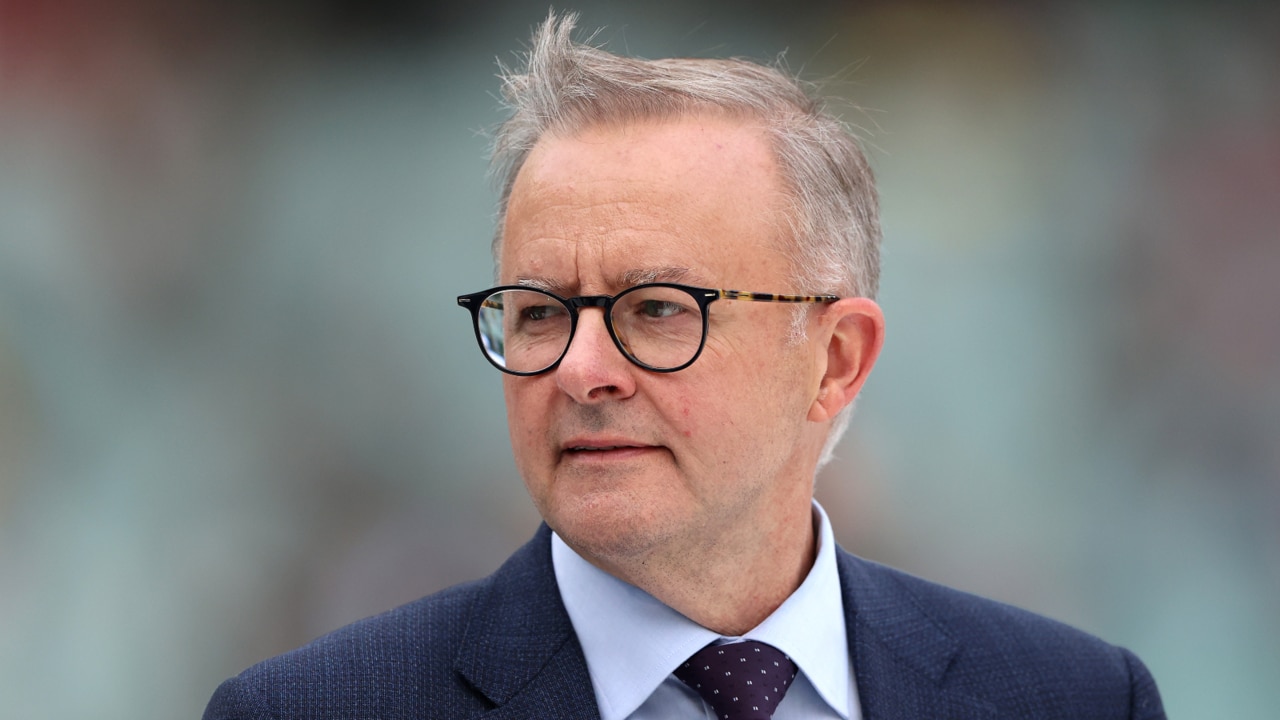


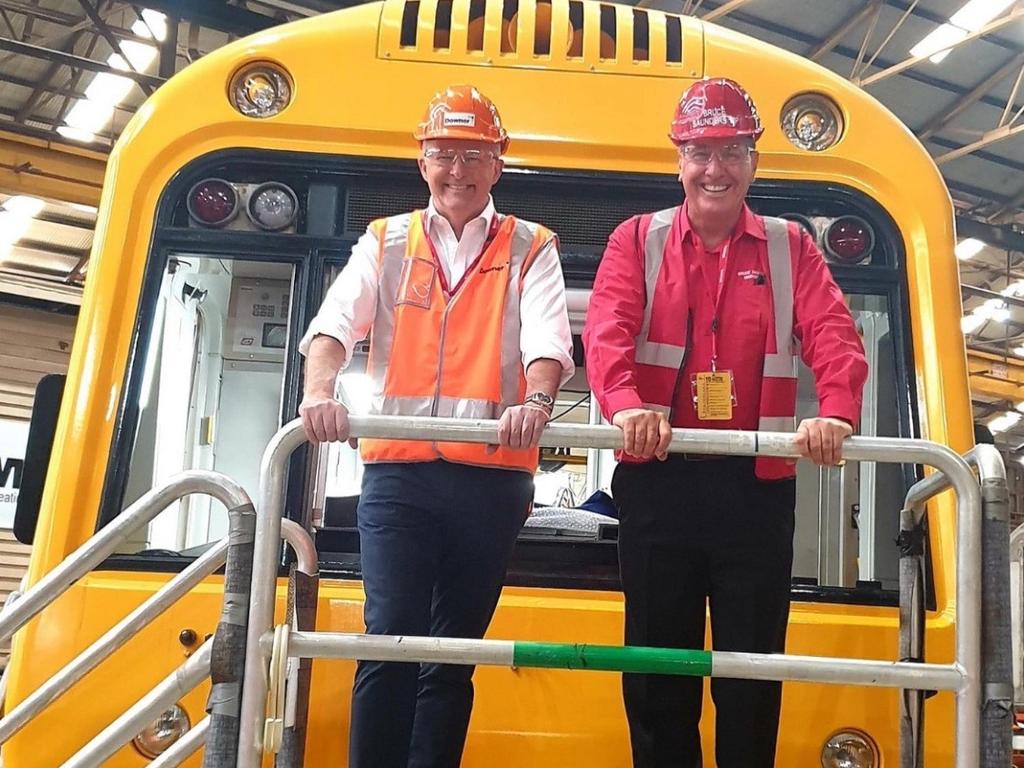
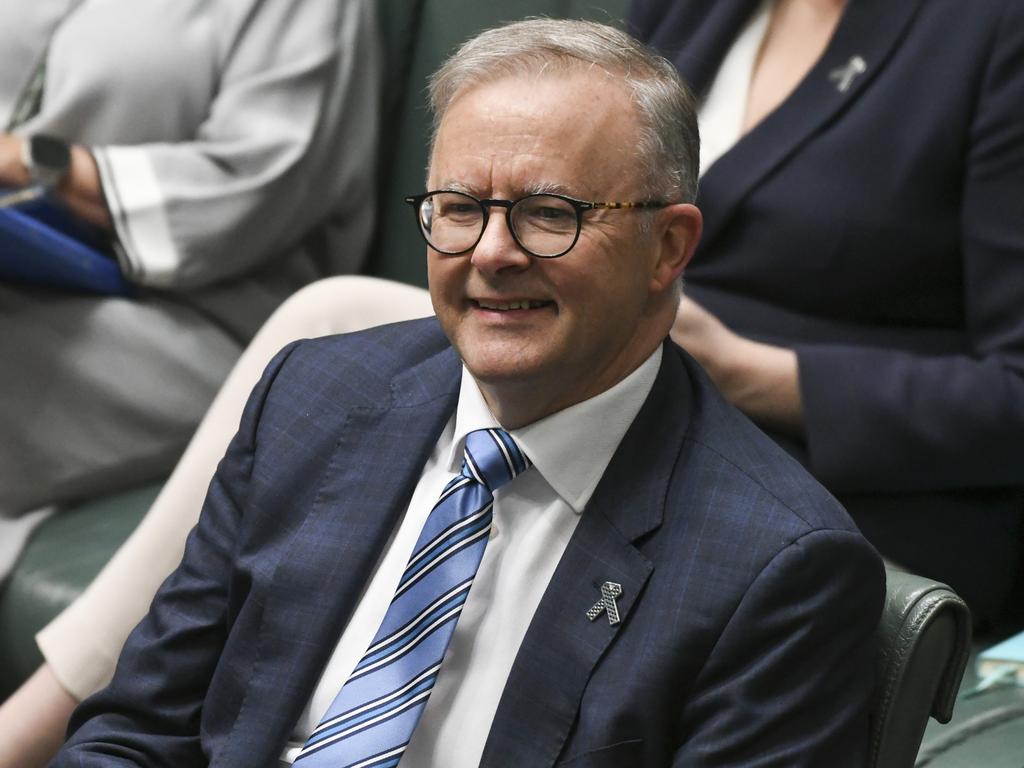
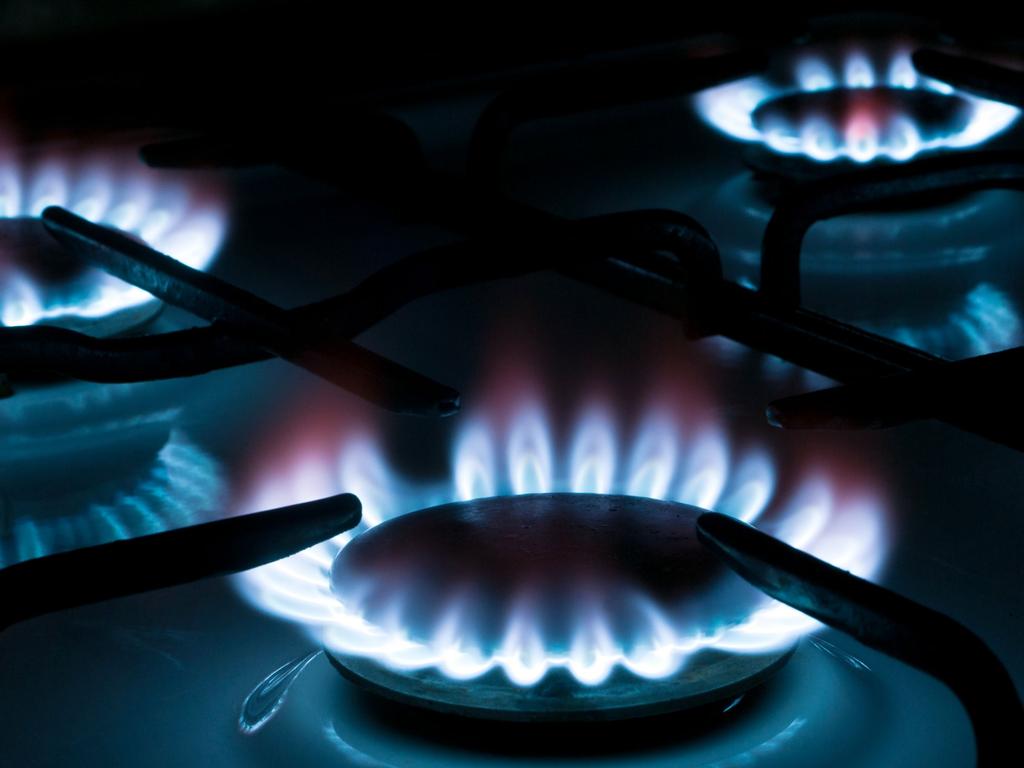


To join the conversation, please log in. Don't have an account? Register
Join the conversation, you are commenting as Logout